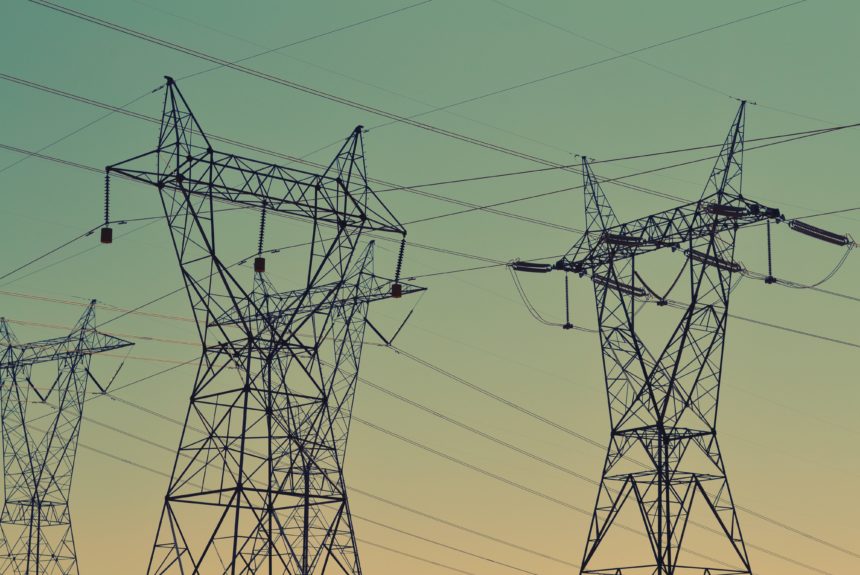Editor’s Note: As we approach the one-year anniversary of Winter Storm Uri hitting Texas, we are republishing an oped from C3 Solutions’ Advisory Board Member and former Texas PUC Commissioner, Becky Klein.
The blame game is in full swing in the aftermath of Texas’ severe ice storm, Winter Storm Uri. Between February 14th and the 19th, Texas experienced record-setting low temperatures for a sustained period. It is estimated that over 3 million customers lost electricity, not just for hours, but for days. During the course of that week, many people also were without water. For the lucky ones, boiling your water was the worst of it.
A combination of colder than forecasted temperatures and a lack of preparation left most of Texas in the lurch. Starting in the early hours of Monday, February 15th, temperatures plunged and electricity usage began to soar. This transpired for several days which made it a true outlier event. The result was that while demand for electricity hit historically high levels (over 69,000 MWs which is beyond our historical peak for summer months), many gas wells, gathering lines, electric generators, and wind turbines were unable to perform due to frozen equipment. That included our large-scale solar generation, even though it is barely over 2.2 percent of our generation capacity. At its apex, we experienced over 43,000MW of generation off-line. Of that, approximately 60 percent was from thermal sources, i.e., natural gas, coal, and nuclear energy. The remainder was primarily wind energy. Our grid system operator, called the Electric Reliability Council of Texas (ERCOT), has a primary mission to ensure reliable transmission of electricity to 90 percent of the state. Given this imbalance in supply and demand, ERCOT directed rolling blackouts to stabilize the grid. But, unfortunately, those blackouts were unable to “roll.”
>>>READ: Texas Can Improve Energy Reliability without Abandoning its Principles
Texas has a reputation of being the energy capital of the world. So, why and how could the disaster during Winter Storm Uri have happened? Some people are blaming our robust wind resources, touting the virtues of fossil fuels over intermittent renewables. Others are saying it’s because 70 percent of the ERCOT area is deregulated, without any central command and control. And still others are adamant that it’s due to the fact that our grid is separate from the rest of the nation. While each of these reasons may seem plausible on their face, they are each insufficient and inadequate to explain the dynamic of the intricate energy and electric system in our state. Neither a defense of our energy portfolio, nor our market structure, nor our grid independence, is warranted here. And a list of other tactical, technical, physical, and financial reasons won’t help either, particularly when we are just starting a period of fact-finding to ensure root causes are known. In fact, no less than six different entities are launching investigations into what happened last week, these include: the Federal Energy Regulatory Commission (FERC); the North American Electric Reliability Council (NERC); the U.S. House Energy and Commerce Committee; the Texas Legislature; the Texas Attorney General; and the Public Utility Commission of Texas. One can only hope that from the multiple investigations, conclusions will be based on solid data and responses will reflect discipline, calm deliberation, and reason. This is what the people of Texas deserve.
Meanwhile, now that we’ve been reminded how vital energy is—not just for electricity, but also for water—we should be asking ourselves some critical questions, such as:
- Are we prepared to pay more for electricity and water to ensure higher levels of reliability? And if so, how much more? Greater reliability may mean a number of things, such as required weatherization of infrastructure assets; higher mandated margins of reserve generation than we have today; real incentives for customer conservation and/or smart appliances; better coordination among gas, electric and water utilities; making sure our gas supply is safe, adequate and accessible; or tweaking our wholesale power price caps, among many other things. Some of these activities come at a higher price than others. We need to evaluate the tradeoffs in a systematic way.
- How can we be better prepared for “outlier” events, regardless of their probability? Would it make sense to require state-wide scenario planning that includes coordinated drills that test both our operational and communication capabilities across multiple entities?
- How can all stakeholders, particularly ERCOT, the Public Utility Commission of Texas, the Office of Public Utility Council (but also utilities, etc.) provide more timely, transparent, and relevant information to consumers about how to prepare; what is happening and why; what to expect; and whom to call?
There is no question that systems at many levels failed. We all benefit from unearthing a full set of facts. In my experience, when we’ve worked through major challenges in the electric power sector, it’s been done with moans and groans from all sides. Yet, all stakeholders were a necessary part of developing a path forward. I hope this circumstance is no exception and that we can formulate a sustainable solution for all Texans, with open, objective, and calm minds prevailing.
Becky Klein is Principal of Klein Energy LLC; former commissioner and chairman of the Public Utility Commission of Texas; and former ex-officio board director of ERCOT.
The views and opinions expressed are those of the author’s and do not necessarily reflect the official policy or position of C3.
